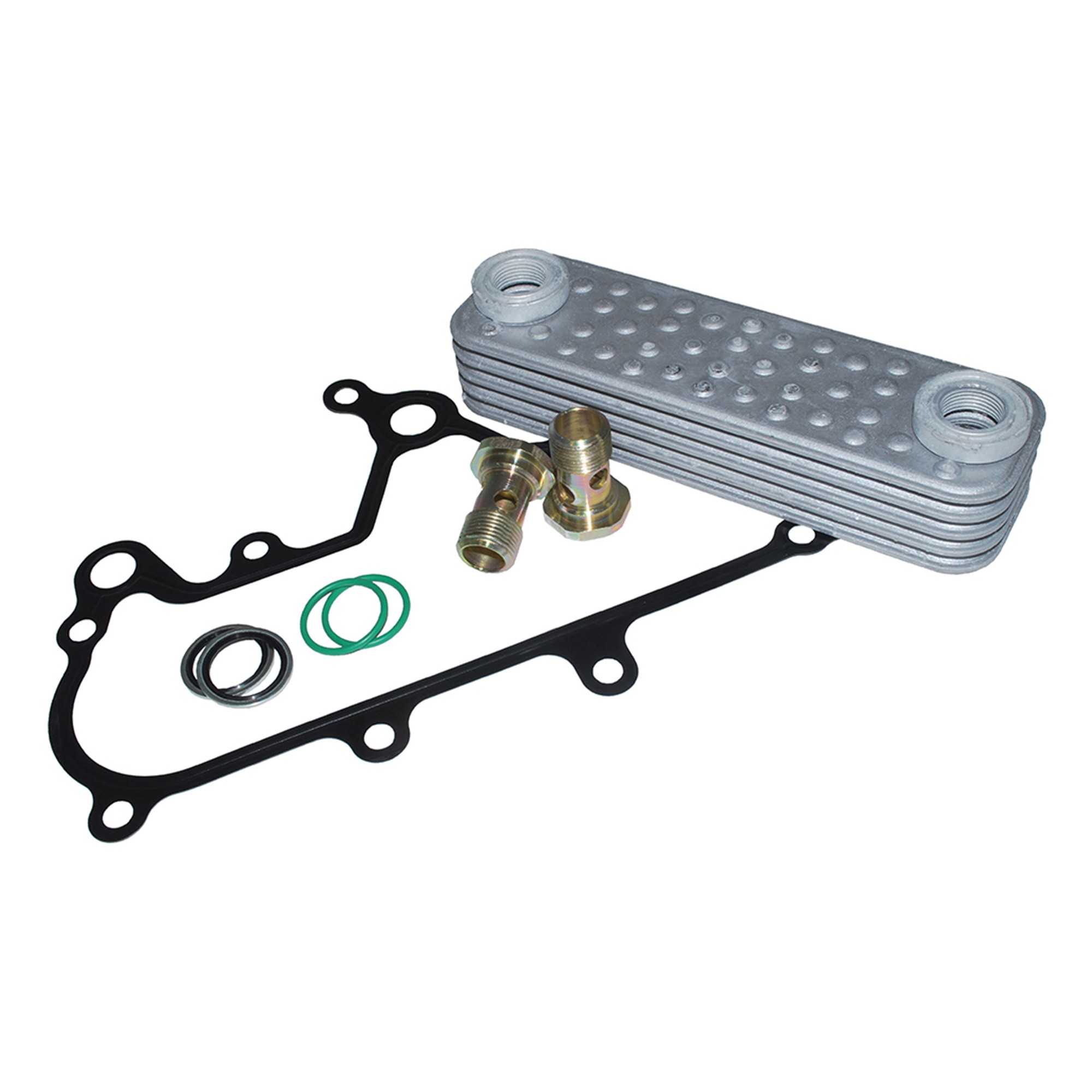This is the Science of Cooling: Comprehending Oil Cooling Systems in Vehicle Engineering
In the world of automotive design, maintaining optimal motor heat is essential for ensuring performance and longevity. A of the key elements contributing to this balance is the oil cooler, a mechanism that serves a vital role in controlling the temperature of the engine oil. When motors operate harder and generate more power, they also produce additional heat, making efficient cooling strategies more important than before.
Oil coolers are designed to remove excess heat from the engine oil, allowing it to keep its viscosity and lubricating properties. This function not only improves the efficiency of the motor but also protects the mechanical components from possible damage caused by excessive heat. Understanding the role and importance of oil coolers can offer valuable insights into the overall efficiency and durability of a vehicle. In this article, we will explore the principles behind oil coolers, their significance in vehicle design, and the various types that are frequently used today.
What’s a oil cooler?
An oil cooler represents a key part in car technology created to control the heat of vehicle oil. By maintaining holden cruze oil cooler , the cooler makes certain that the oil can carry out its essential functions efficiently, which include soothing, washing, and heat absorption. An temperature regulator usually includes a series of tubes or fins that dissipate heat, letting the engine oil to reduce its temperature before it returns back into the engine.

The performance of a oil cooler stands relatively straightforward. As the engine runs, it creates heat not only from combustion but also from contact between dynamic parts. The oil takes in this heat, but if it turns too heated, it can shed its viscosity and lubricating qualities. The oil cooler mitigates this issue by shifting heat away from the oil, often employing airflow or coolant to boost the cooling mechanism. This assists to maintain the correct viscosity, securing adequate lubrication.
In intensive or heavy-duty applications, oil coolers are even more necessary. These settings may subject the engine oil to higher temperatures due to greater loads and extended operation. Therefore, many modern vehicles are equipped with oil coolers to enhance engine reliability and durability by stopping oil breakdown and maintaining optimal operating conditions for the engine.
How Oil Cooler Systems Operate
Coolers function by enabling the movement of heat away from the engine oil, ensuring that the oil maintains an ideal heat level for efficient lubrication. When the motor runs, it produces thermal energy that increases the temperature of the lubricant circulated throughout the engine components. If this lubricant becomes too hot, its thickness lowers, resulting in a decrease in its ability to provide lubrication and safeguard the engine. The oil cooler, carefully placed within the car's cooling system, holds a critical role in controlling this heat level.
The operation of an oil cooling system typically involves a series of pipes or fins through which the heated lubricant flows. As the oil moves, it passes through these tubes, permitting thermal energy to escape into the ambient environment or cooling fluid. The design often includes a heat exchanger that maximizes the area for heat transfer, enhancing cooling efficiency. The chilled lubricant then flows back to the motor, making sure that it functions within a secure heat range, supporting durability and performance.
In furthermore to aiding in temperature control, these systems also play a part to overall motor performance. A efficient cooler system allows the engine oil to maintain its slippery properties for more extended duration, which translates to fewer frequent oil replacements and lessened deterioration on componentry. This is especially vital in high-performance or heavy-duty vehicles that experience elevated thermal levels. By maintaining ideal lubricant heat levels, these devices not only improve engine efficiency but also increase the car's dependability and lifespan.
Perks of Employing an Oil Cooler
One of the key advantages of utilizing an oil cooling system in vehicle applications is the enhancement of engine longevity. By maintaining proper oil heat levels, oil coolers reduce degradation of the oil, which can lead to greater wear and tear on engine components. When oil operates above its preferred temperature zone, it can lose its slippery properties, resulting in friction and potential damage. An oil cooler aids to control these temperatures, making sure that the engine runs efficiently for a longer period.
Another notable benefit of oil coolers is improved performance during demanding driving situations. In high-stress situations, such as towing heavy loads or driving in extreme temperatures, engine oil can heat up fast. An oil cooler aids dissipate this heat more efficiently, which can lead to more consistent engine performance. When the oil keeps cool, it lowers the risk of overheating and protects critical parts of the engine, allowing for more reliable power delivery and reactivity.
In conclusion, oil coolers contribute to better fuel economy. When engine oil holds a stable temperature, the engine can operate more optimally. This effectiveness correlates to lower fuel consumption, as the engine does not have to work harder to counter the negative effects of overheating oil. By minimizing friction and allowing for more seamless operation, an oil cooler not only helps the engine but also provides cost savings for drivers through improved fuel economy.